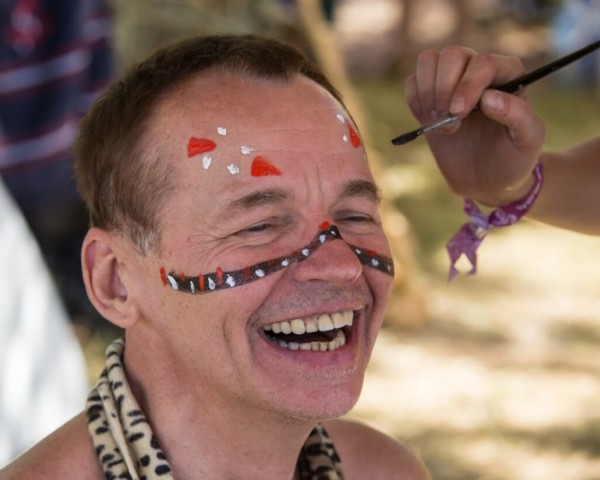In 2024, Africa saw a significant uptick in tourism, with approximately 74 million visitors gracing its shores. UN Tourism’s latest World Tourism Barometer indicates that this figure represents a roughly 12% climb from the year prior, and even surpasses pre-pandemic levels of 2019 by about 7%. Interestingly, alongside this surge, African tourism revenue also experienced a boost of approximately 3%, reaching around US$1.6 billion.
As global international arrivals edge closer to pre-pandemic figures, Africa’s performance begs a question: can this growth benefit local communities in a sustainable way, or will older, less equitable patterns re-emerge?
Africa’s Burgeoning Tourism
The recovery of global destinations, coupled with the resurgence of Asia-Pacific markets, is helping fuel the African tourism sector. Countries such as Kenya, Ghana, Nigeria, and Zimbabwe have seemingly spearheaded this drive, often by using international promotions and leveraging targeted investments. Also, cities, namely Cape Town, Lagos, and Marrakech, found a place on Time Out’s 2025 list of the world’s top 50 city destinations. Furthermore, established tourist hotspots like South Africa, Tunisia, Morocco, and Egypt are continuing to showcase their tourism prowess.
The potential economic gains are quite notable. With a real-term 4% rise above 2019 levels in tourism revenue, there’s a welcome infusion of resources. If economic stability holds, and without geopolitical conflicts or high inflation, UN Tourism anticipates perhaps a 3-5% increase in international arrivals for 2025. Consequently, Africa is well-positioned to potentially capture a larger share of the global tourism market, with its cultural heritage and stunning landscapes acting as significant draws.
Sustainable Tourism’s Promise
Experiential tourism, that is, sustainable tourism, appears to be gaining considerable traction across the continent. This approach emphasizes authentic engagement with local communities, nature, and cultures, while aiming to direct more resources into local economies. Whether it is wildlife safaris in Kenya or festivals in Ghana, African operators find empowerment, and the continent’s heritage benefits from this approach.
Responsible travel is a growing global trend. Increasingly, visitors appear to be favoring authentic experiences supporting local communities, rather than generic Western-style resorts. African nations might invest in well-trained guides and small-scale ventures to both preserve cultural assets and generate jobs, ensuring tourism benefits those who call the continent home.
The Potential for African Tourism
Despite the possibilities, significant risks face African tourism boom. The proliferation of large tourist complexes, often managed by multinational corporations, could replicate exploitative patterns much like the ones we’ve seen in mining. The “bubble” resorts sometimes disconnect visitors from the reality of Africa, leaving minimal benefits for nearby communities, such as those in Sharm el-Sheikh.
This model not only undermines Africa’s long-term development goals, but it also disengages visitors from what makes the continent distinct. Foreign entities manage such facilities, wealth is often siphoned away. Instead of replicating outdated, inequitable systems, the challenge is to build a tourism sector that empowers Africans to be stewards of their own future.
A Vision for African Tourism
If African nations prioritize locally led initiatives, tourism might truly become a driver of sustainable development. Investment in training programs is vital, especially for tourism pros—guides, hospitality folks, etc.—who can really showcase their community’s unique stories and traditions. Support for small and medium-sized businesses, such as family-run lodges, and local tour operators, is also necessary, that way revenue stays within those local economies.
Policy frameworks really come into play. Consider green certifications for hotels or carbon offset programs for travel; these can help align tourism with environmental targets. Partnerships—government, local communities, and ethical tour operators—can promote inclusive growth, ensuring that infrastructure—say, new cultural hubs or eco-lodges—benefits residents.
African tourism surge in 2024 is a big deal. With 74 million visitors, the sector shows real potential for economic and social progress. However, the future depends on sustainable, locally-driven tourism that celebrates diversity and empowers people.
Otherwise, a model dominated by multinational resorts might repeat past mistakes. By promoting authentic, community-focused tourism, Africa can attract travelers and build a future where cultural and natural wealth supports equitable development. It’s less about tourism transforming Africa and more about Africa shaping a tourism industry that fits its goals.

